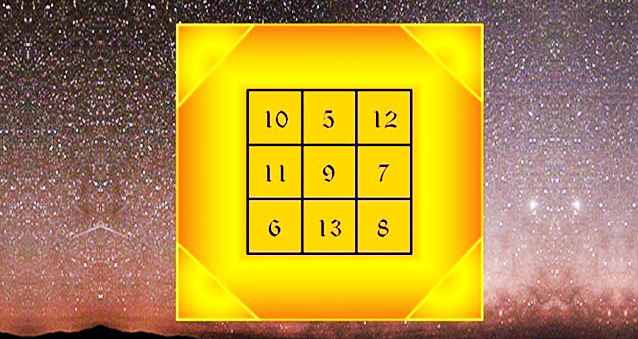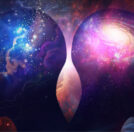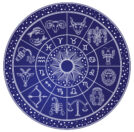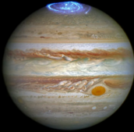The Definition of Astrology
What is the definition of astrology? If you search around the internet for a few minutes you will find a number of different definitions. Unfortunately most of them are wrong.
They are wrong in the sense that they do not accurately reflect the way in which many astrologers conceptualize and subsequently define their own subject. This is often because definitions of astrology are written by people who have little or no familiarity with the subject, and thus they are written from an outsider’s perspective.

The purpose of this article, then, is to outline a definition of astrology that is broad enough to encompass all or most views of the subject by actual practitioners. I will then contrast this definition with some of the more common ones that exist today.
Astrology: A Definition
This is the definition of astrology that I would like to propose:
Astrology is the study of the correlation between celestial objects and earthly events.
That’s it. Now, one could argue that the definition is overly broad, but I would say that what it lacks in specificity it makes up for in accuracy. Here is why:
Most contemporary definitions of astrology assume that astrologers posit some sort of celestial force which exerts an influence over earthly events, in order to account for the things that certain astrological alignments are said to correlate with. The problem with this is that such definitions of astrology ignore a longstanding debate within the astrological community about whether the celestial objects used in astrology act as signs or causes of the things that they correlate with here on Earth.
In point of fact, I would say that the majority of modern western astrologers today hold the view that the movements of celestial objects such as planets and stars do in fact correlate with terrestrial events, but they do not cause those events to take place. Or in other words, celestial objects act as signs of events that they correlate with, but not causes.
This is usually conceptualized in terms of a modified version of Carl Jung’s theory of “synchronicity,” where there can be an acausal connection between objects or events in time that consists entirely of an equivalence in meaning or symbolism. So, for example, while an astrologer might say that having Mars in the 10th house of a natal chart could “indicate” or “signify” someone who has a career as an athlete or perhaps someone who is in the military, that does not necessarily mean that they think that Mars causes the person to have that career path. Rather, the planetary placements at the moment of a person’s birth simply reflect or symbolize different facets of their life and future.




